Rules, rules, nobody likes rules, so for the moment let’s just re-title this article Ten Guidelines For Your Photographic Life. Guidelines are good, they point us in the right direction without making us obliged to use them. For example, I prefer the term compositional guidelines rather than compositional rules, it gives me the option to break them at will.
So what of these guidelines for your photographic life? We all need a little guidance with our photography, myself included. These are some of my own guidelines, accumulated over the last (insert large number here) years.
1. Only Buy The Gear You Need
As opposed to buying the gear you want. That gorgeous 14mm f/2.8 might be seducing you, but will you use it if you shoot predominantly portraits? How about a Black Mist filter instead? Getting the right gear is an important way to progress your photography. It focuses your mind on getting the right shots, rather than trying to shoehorn your new piece of gear into your current photographic style.
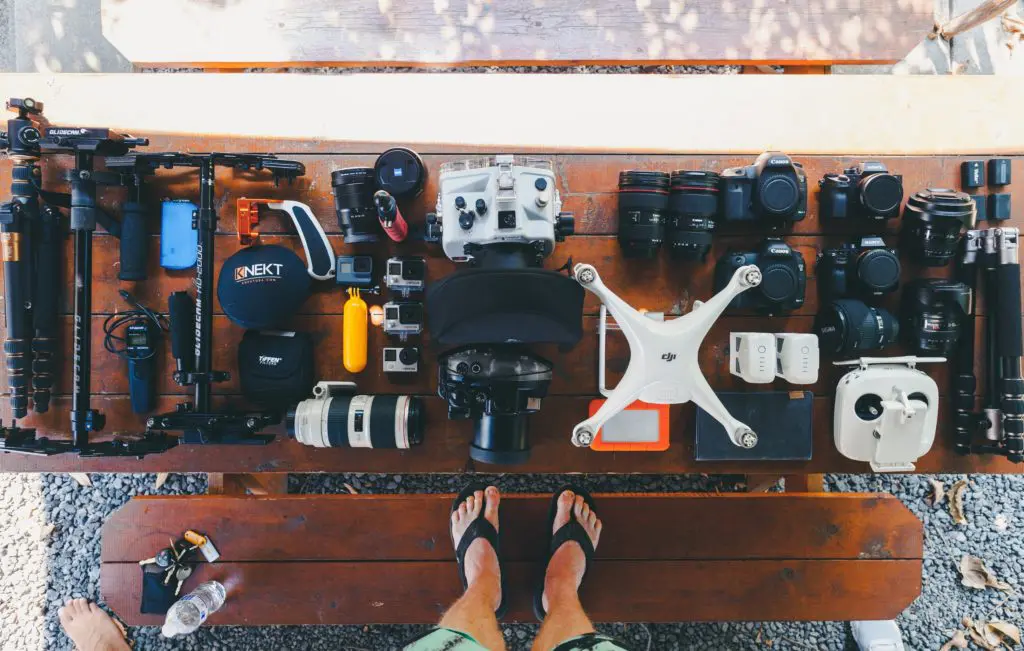
2. Never Feel Obliged
Any creative professional will tell you that the worst type of client is the one that obliges you to shoot something exactly the way they want, regardless of any creative considerations. Even as an enthusiast, obliging yourself to shoot will have a negative affect on your creativity.
Photography should be a relaxed, natural process that you enjoy. To make sure it is, never shoot if you don’t really want to.
3. Try, Try and Try Again
This old adage used to get quite expensive in the days of film, but with digital cameras there is no excuse not to. Sometimes, you get home, upload your images and think, wow, was that really worth the effort?
Yes it was, if you learn from it.
The only way any photographer becomes good, is because they made hundreds of mistakes early on. I have been taking photos for nearly 40 years and still make mistakes, sometime rookie mistakes. Pick yourself up, get out and shoot it again, paying attention not only to what you did wrong, but also what you did correctly.
4. Always Push Your Comfort Zone
In a similar vein to making mistakes, never pushing yourself beyond what you know is equally bad. You might feel very comfortable, perhaps even accomplished in your chosen genre. However, photography is an ever evolving art and without pushing your boundaries, you will stagnate and dare I say it, become old fashioned.
5. Be Organised At Home
You know what I mean by this. You get up at stupid o’clock to shoot a spectacular sunrise only to find that although you charged your batteries, you forgot to pack them. Having an organised “office” space is vital to any photographer.
A place for memory cards, one side for uploading, one for ready to be formatted. Battery chargers for all devices, neatly laid out and with areas for charged/uncharged batteries. You cameras/lenses and peripherals, all in locations where you can easily find them. Being organised before you leave, will put you in a more relaxed and hence creative mood.
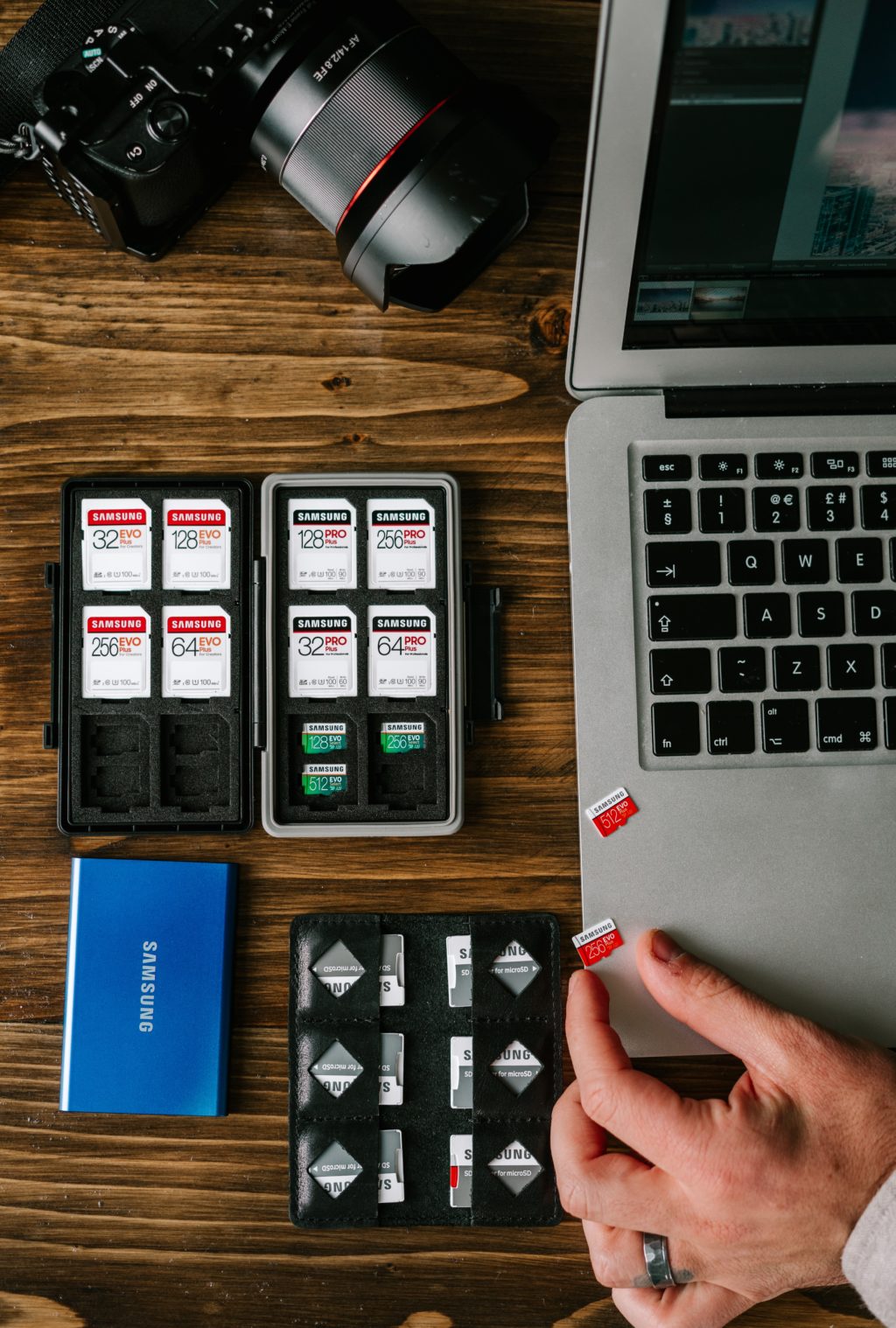
6. Take The Kit That You Need
Another of the many stiflers of creativity is being tired. Carry too much gear is a classic way to induce this. Think carefully when you pack for your next shoot. Will you need the f/2.8 holy trinity or will slower lenses suffice. Are you going to require a flash and all the batteries needed to run it?
One of the biggest decisions may be whether to take a tripod. Your three legged friend can be a vital part of your shoot or an unnecessary hinderance. It all depends on the subject. Lighten the load and increase the creativity.
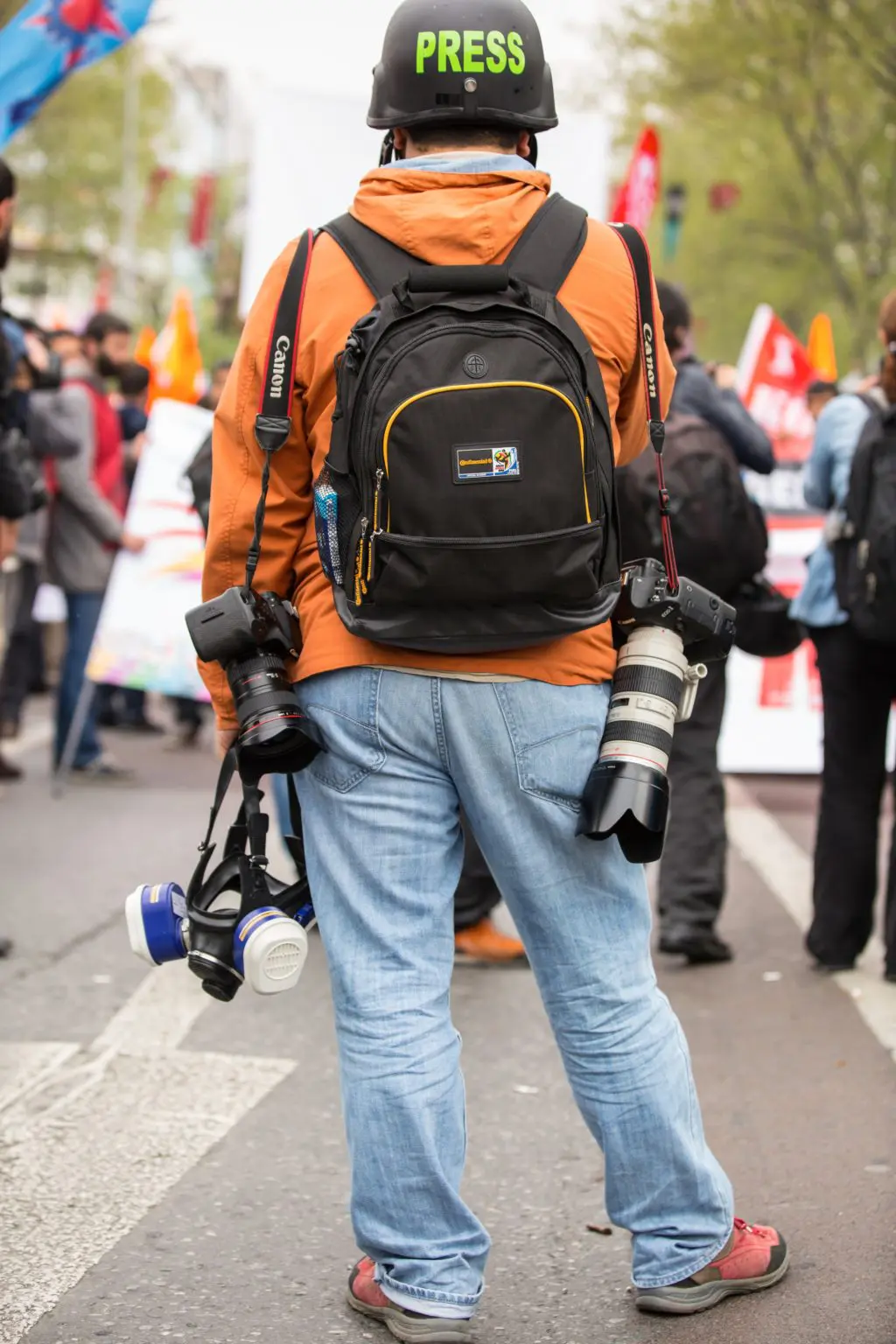
7. Back Up. Then Back Up Again!
How many times have you read a horror story of someone losing all their work? It happens and more often than not. Backing up is a vital part of the photographer’s workflow. I can testify to this having fled Ukraine with my wife. She managed to bring my network drive with my entire archive on it. It is however still backed up at home, on two external drives that I have in the UK and through Backblaze online backups.
Backing up should be done regularly, frequently and both online and offline. Think of any event that could happen, and plan for it.
8. Don’t Be A Fair Weather Photographer
Fluffy clouds and blue skies might look great in postcards, but a real photographer desires real weather. Storms, rain, snow, mist are all weather conditions that good photographers thrive in. They are the sort of conditions that lend themselves to powerful emotive images rather than generic postcard style shots. Next time you see a storm rolling in on your weather app, get those batteries charged.
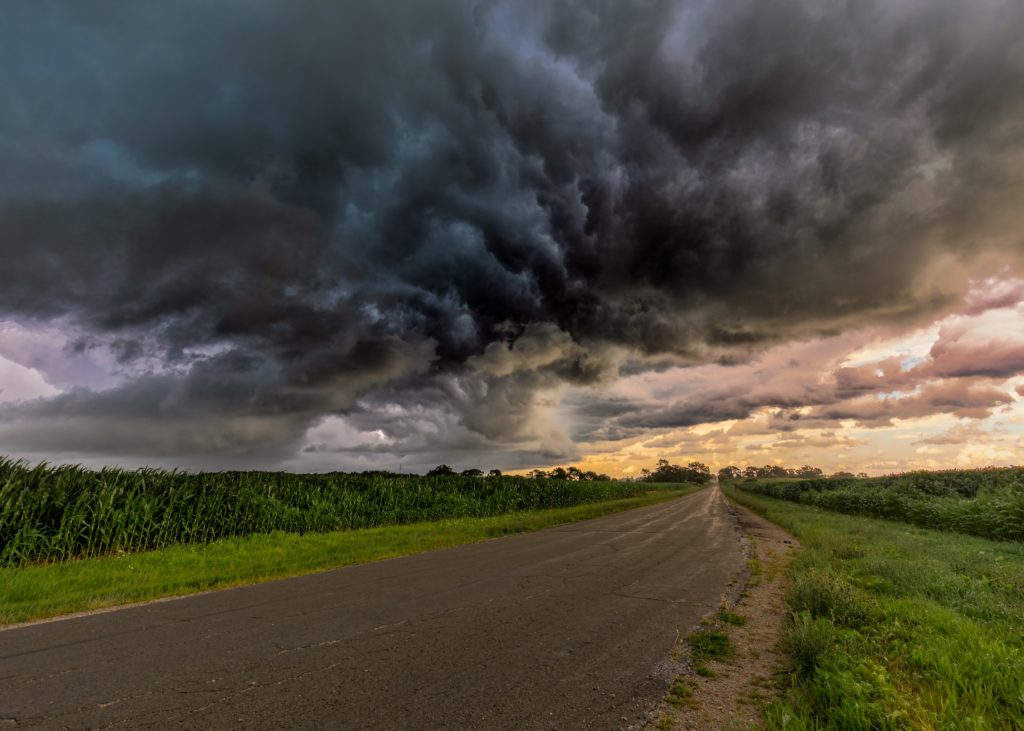
9. Experiment With Post Production Techniques
There are a few that believe post production is the devil’s work. However, long before the days of Photoshop, photographers would experiment with the way their final image looked. Ansel Adam’s prints would be nothing without a serious amount of dodging and burning in the darkroom.
The same is true of modern photography. The camera delivers us the base exposure, so it’s up to us to create what we want from in in our binary darkrooms.
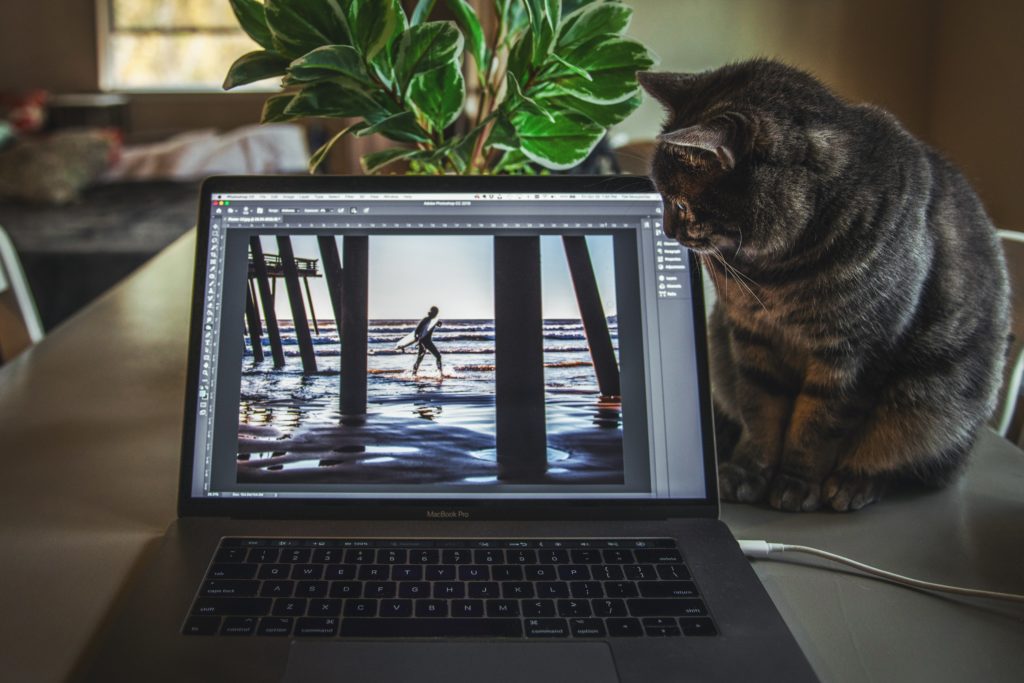
10. Be Open To Critique
Perhaps this is the most important guideline to you photographic life. Posting your images on social media and bathing in the adulation you receive may boost your ego, but it will not improve your photography. One of the best ways to progress os by getting a cold, hard honest critique from a peer.
Honest critique can be hard to hear, especially when you have assumed your images are amazing already. However, persevere, take on board those comments, no matter how harsh and you will soon find your images improving immeasurably.
That’s my ten rules, sorry guidelines for your photographic life. Being guidelines, they are of course flexible, there will also be others, that you have, I am sure. However, these are mine, built over many years and they have, for the most part, worked well.


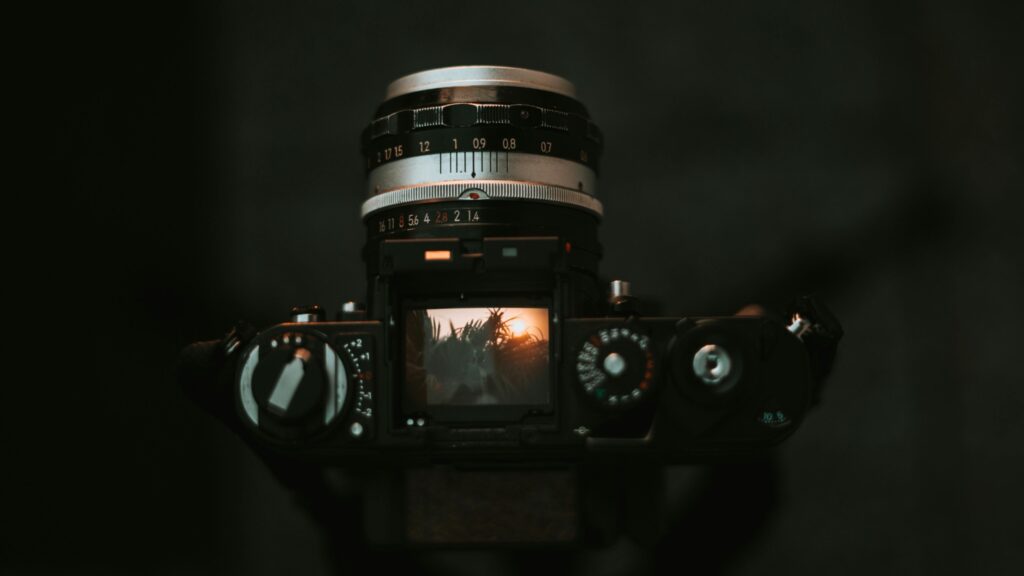


3 Comments
Hi Jason,
Well said and I like your 10 points, all very true and meaningful.
Best regards,
Itamar
I disagree with your number 10. It goes against creativity and change, especially from another photographer. A critique will only remind you of your mistakes according to what they think (which you may have intended from the beginning and limit your creativity ) I have had happen to me and others. A critiquer will say, you did not use the rules of 3rds. I say, Yeah. I did not want to. Your image does not look natural. I say Yeah, I didn’t want it to. You used too much post processing. But I seen the critiquer’s images and they don’t use processing at all and believe in strict out of camera rules. I spent extra time experimenting with post processing. Sometimes other photographers are jealous because you have an “eye” for photography or you got lucky. This puts you on the defensive always trying to justify why you did something. You want a critique? Enter a contest, with at least 3 judges, they will judge you by a list of rules and if you break any of them, they will not choose your photo and if you ask them they will tell you why they did not choose your photo. If you are looking to conform to what is considered the norm enter a contest and learn to shoot within those confines. I think that is healthy to force you to do things a certain way. But a critique by it’s very nature is to force you to think the same way as the critquer. Or to force you to follow established guidelines. Many people starting out have fragile egos and can be crushed. Once a person feels more confident, they can move on to be critiqued. But don’t be critiqued but someone who has average or similar images to you. Find someone who is a superior photographer and you love their images and want your image to emulate the positive attributes of that photographer. I have seen camera clubs with weak bitter photographers in it crush new photographers (but I have also seen very helpful people in those same groups that are great photographers. Seek those people out.) Too often I see an IT guy (I am an IT guy) because he is organized, can create the web site, run the software, video conferencing for the group, gets a high position in the group and critique people when he sucks at photography and order people around but no one tells him because they don’t want to lose him. Read books, take classes if you want to understand photography and when and when not to use rules/guidelines. Only let qualified people who produce pictures you think are fantastic judge your image and give you feed back. IMHO
“by getting a cold, hard honest critique from a peer.”